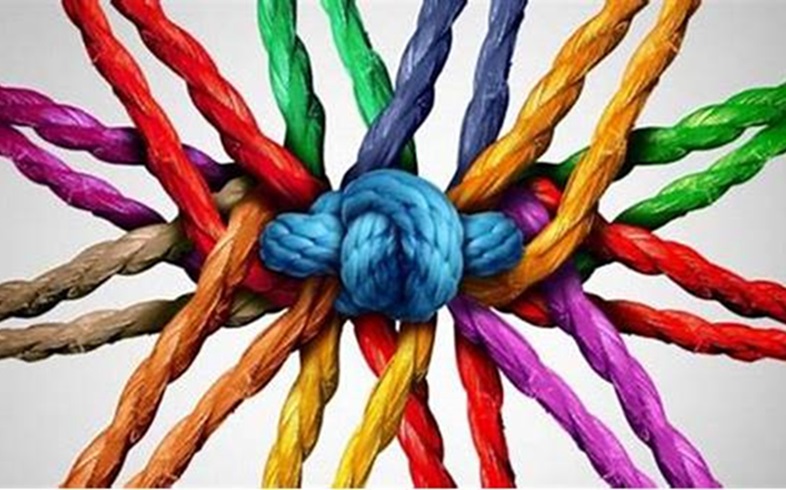Afghanistan, a land with a rich historical background and culture, has experienced countless crises over the centuries. Due to its ethnic, linguistic, and religious diversity, the country urgently requires national cohesion and solidarity to overcome its challenges and move toward a brighter future. Cohesion involves fostering mutual understanding, embracing differences, coexistence, collaboration, and respect among the various groups and ethnicities within society. This approach can pave the way for stability, progress, and development in the country.
One of the greatest and most serious barriers to cohesion in Afghanistan is the mistrust among different ethnic groups. This mistrust has been cultivated over time due to poor policies, wars, and foreign interventions. Additionally, economic and social disparities between different regions of the country have left some ethnic groups feeling marginalized, isolated, and deprived.
Another significant obstacle is the presence of unresolved political conflicts and group or party rivalries. Historically, politicians have often prioritized personal and factional interests over national unity, exacerbating and deepening divisions within society. Furthermore, persistent security challenges and instability have reduced opportunities for dialogue and constructive interaction among groups.
Cohesion is one of the key solutions to Afghanistan’s problems. Without creating unity and understanding among its various ethnic and social groups, lasting stability will remain out of reach. National unity can provide a foundation for resolving disputes, ending violence, and ceasing internal conflicts, enabling the government to focus its resources and energy on economic and social development.
Furthermore, cohesion can strengthen the national identity. Afghanistan’s rich cultural and linguistic diversity should be regarded as an opportunity and strength, rather than a threat. When people feel they are part of a larger nation where their rights and cultures are respected, they are more inclined to cooperate and support the system.
Achieving cohesion in Afghanistan requires several actions, some of which are outlined below:
Education plays a vital role in reducing and eliminating ethnic and religious prejudices. Educational programs should promote human values, respect for differences, and a spirit of cooperation. The media can also contribute significantly by producing constructive content to strengthen national unity.
Building trust among ethnic groups requires the full implementation of social justice. The government must strive to reduce economic and social disparities across regions and provide equal opportunities for all citizens. This means ensuring balance in all areas of life—from politics to culture, education, and development—and distributing resources fairly among all citizens.
Establishing national discourse and holding dialogues between ethnic leaders and political groups can help address misunderstandings and build mutual trust. These discussions must be based on mutual respect and aim to create a unified and just Afghanistan, rather than strengthening one group’s dominance or excluding others.
All ethnic groups and factions within society must feel they play a role in major national decision-making processes. This can be achieved through the creation of inclusive consultative institutions. Historically, true political participation has been absent in Afghanistan, and decision-making has rarely focused on national and collective interests.
Afghanistan urgently needs cohesion to achieve lasting peace, security, progress, and development. This effort would not only contribute to the country’s political and security stability but also pave the way for economic and social advancement. Despite the many challenges, if the government, political elites, and Afghan people collaborate and take practical steps to strengthen cohesion, a brighter future for the country is conceivable. Cohesion is not merely a necessity but also an opportunity to build an Afghanistan where all individuals can live together in peace and mutual respect, leaving behind the dark chapters of its past.











Read More
Even Iran’s Senior Team Couldn’t Overpower Afghanistan – The Fear Was Evident
Afghanistan National Futsal Team Starts Strong with a Decisive Victory over Tajikistan
Afghanistan National Futsal Team Faces a Tough Challenge in the “Group of Death” at the Islamic Solidarity Games